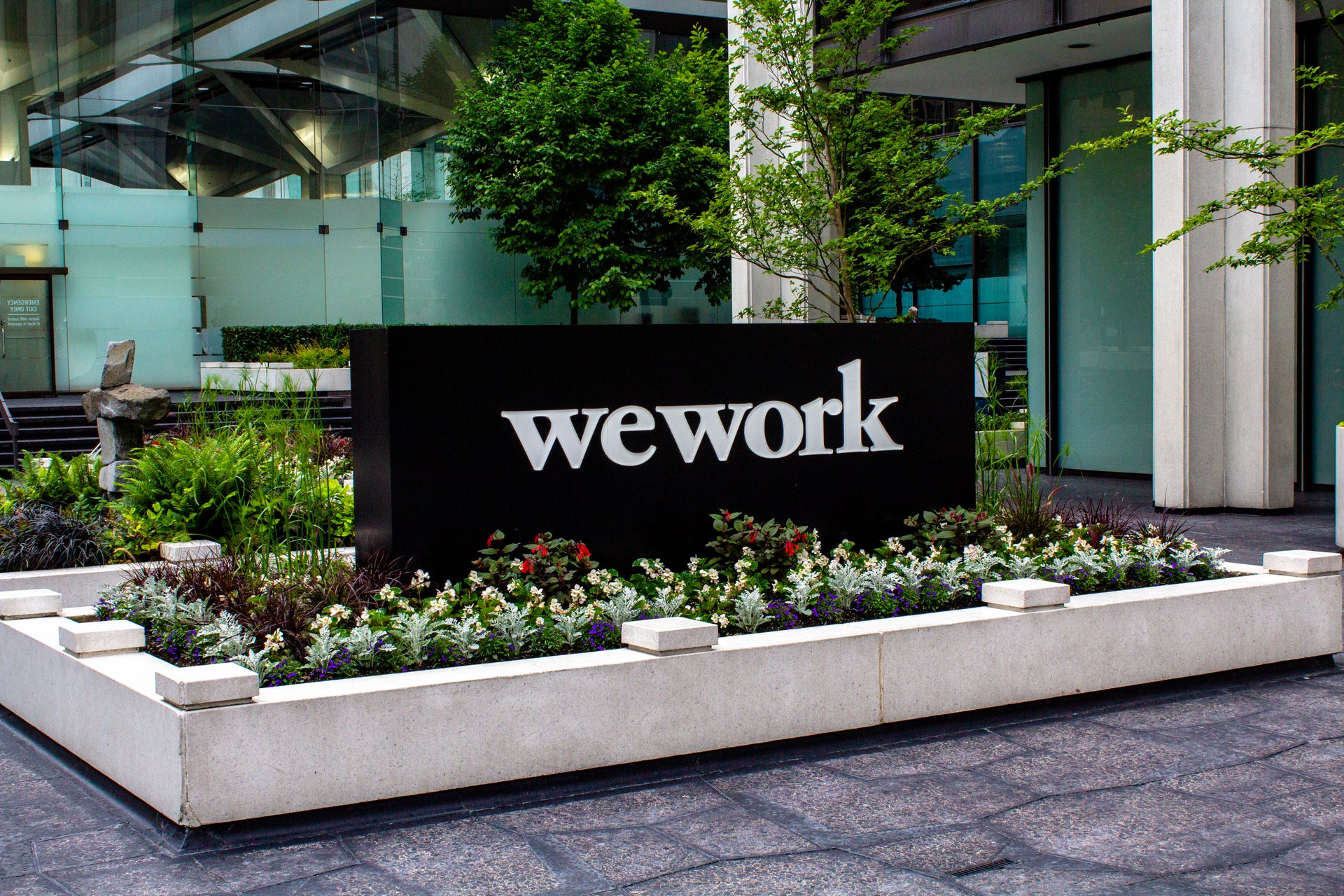
WeWork co-founder Adam Neumann has agreed to stand down as the co-working space startup’s CEO following pressure from the board and investors.
Former CFO Artie Minson and former vice chairman Sebastian Gunningham will take over as co-CEOs.
Announcing his decision, Neumann said that “the scrutiny directed toward me has become a significant distraction”, with officials from SoftBank – WeWork’s biggest investor – among those to have pushed for him to quit.
As WeWork’s problems continue to mount up, Verdict asked the experts to share their thoughts on WeWork’s sudden collapse, the causes of it, and the problems that investors can cause for technology startups.
Substance over style
According to Andrew Lynch, co-founder & COO of co-working space provider Huckletree, WeWork appears to have fallen into a trap of “all style no substance” as a result of chasing fast growth.
WeWork attracted plenty of attention for its stylish image, which ultimately saw it earn a place among Silicon Valley’s most promising technology startups. That, fuelled by investment from conglomerates such as SoftBank, helped the company’s value to balloon to $47bn, despite losing more than $4bn in the past three years.
How well do you really know your competitors?
Access the most comprehensive Company Profiles on the market, powered by GlobalData. Save hours of research. Gain competitive edge.

Thank you!
Your download email will arrive shortly
Not ready to buy yet? Download a free sample
We are confident about the unique quality of our Company Profiles. However, we want you to make the most beneficial decision for your business, so we offer a free sample that you can download by submitting the below form
By GlobalDataZach Weinberg, co-founder of health technology startup Flatiron Health, said that the fall in WeWork’s value is a “resettling” following “irrational pricing driven by one giant player”.
In order to bounce back, according to Lynch, the company needs to look at what its tenants “actually need at a granular, practical and local level”. After all, no amount of free beer can make up for issues such as potentially exposing tenants’ sensitive data.
Stop chasing fast wins
According to Business Insider, WeWork parent company The We Company has raised more than $8bn in funding since its launch, with the vast majority of that coming from SoftBank.
That funding has helped the company to expand. It now owns 520 offices across 111 cities, but that came at a cost of $900m in the first half of 2019 alone.
Burning through its cash reserves, WeWork hoped to make use of its inflated value by going public to raise additional funds. However, with investors having watched the value of loss-making tech startups like Uber fall following their initial public offering, interest from investors wasn’t as anticipated, forcing WeWork to slash its planned IPO valuation.
According to Lynch, this is a good illustration of what happens when you “surround yourself with ‘yes’ people who are pushing for fast wins and growth above all else”. Rather than seeking out a quick win, WeWork needs to focus on building a sustainable, successful business.
“Off the back of Adam Neumann stepping down, maybe now they can take the time to be self-reflective, look inward at their own business and what they want to build for the future, without the added pressure of an imminent IPO,” Lynch said.
Don’t give investors too much control
“I think it’s clear that the most negative version of SoftBank’s impact on the companies that it invested in is true,” Sandy Kory, a technology investor for Horizon Partners, told Recode following Neumann’s ousting as CEO.
Following the removal of Neumann as WeWork’s CEO, one person close to the problem told Recode that “this is as much of a SoftBank fiasco as it is an Adam [Neumann] fiasco”. The insider said that the company “own some of the responsibility” for failing to limit its biggest investor’s influence.
According to Philippa Sturt, managing partner at UK-based law firm Joelson and an expert in tech startup investment, this is a trap that many startups fall in to.
Startups are often encouraged to look for angel investors – individuals with experience in the industry that can provide support as well as funding.
“Often these industry grandees have very set ideas reflecting how they have built a successful business and, rather than adding value on a board, can smother it, squashing new and innovative ideas,” Sturt explained. “Because of their reputation, their view is often given more worth than that of the entrepreneur.”
According to Sturt, this highlights the importance of the founder maintaining board control, or else that additional funding, as it has in Neumann’s case, may end up costing them dearly.
Read more: WeWork’s poor data security could “devalue it” ahead of planned IPO



